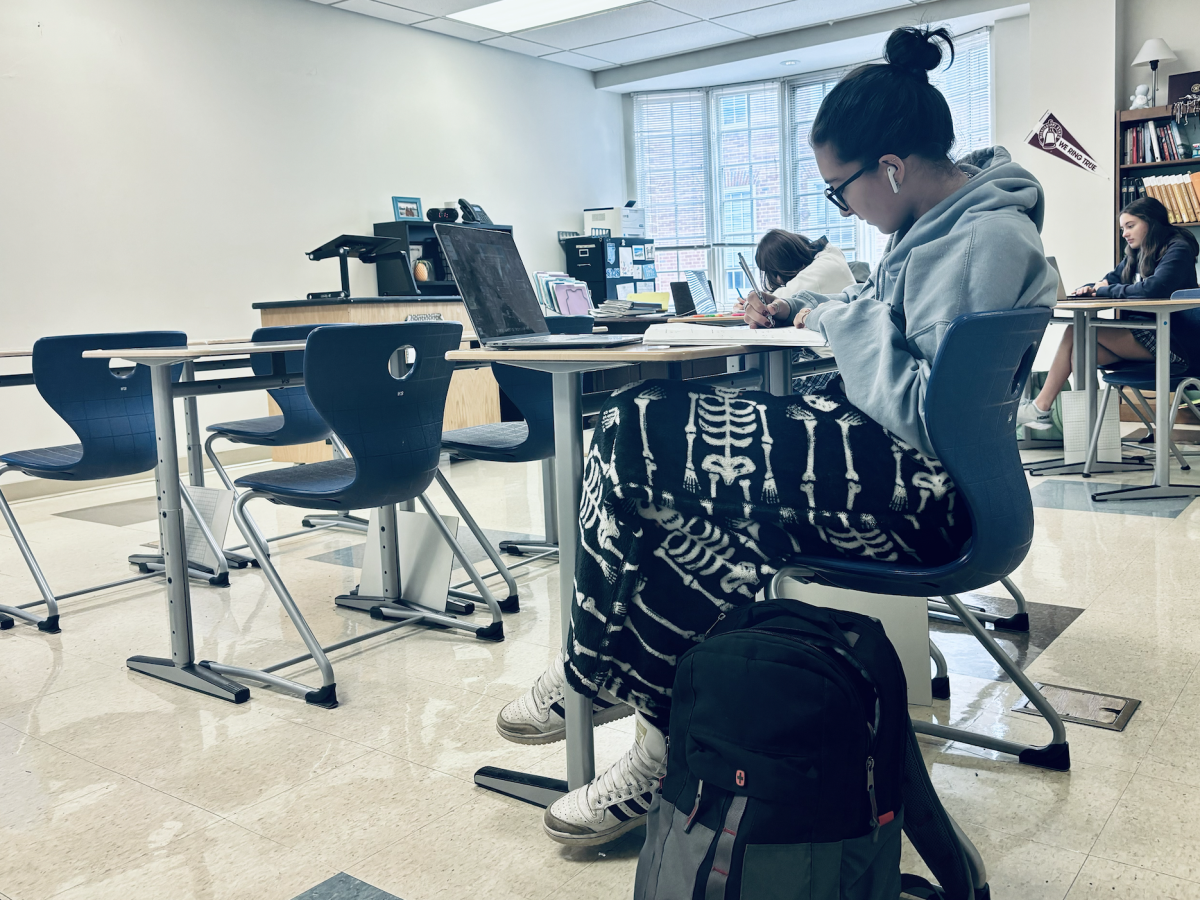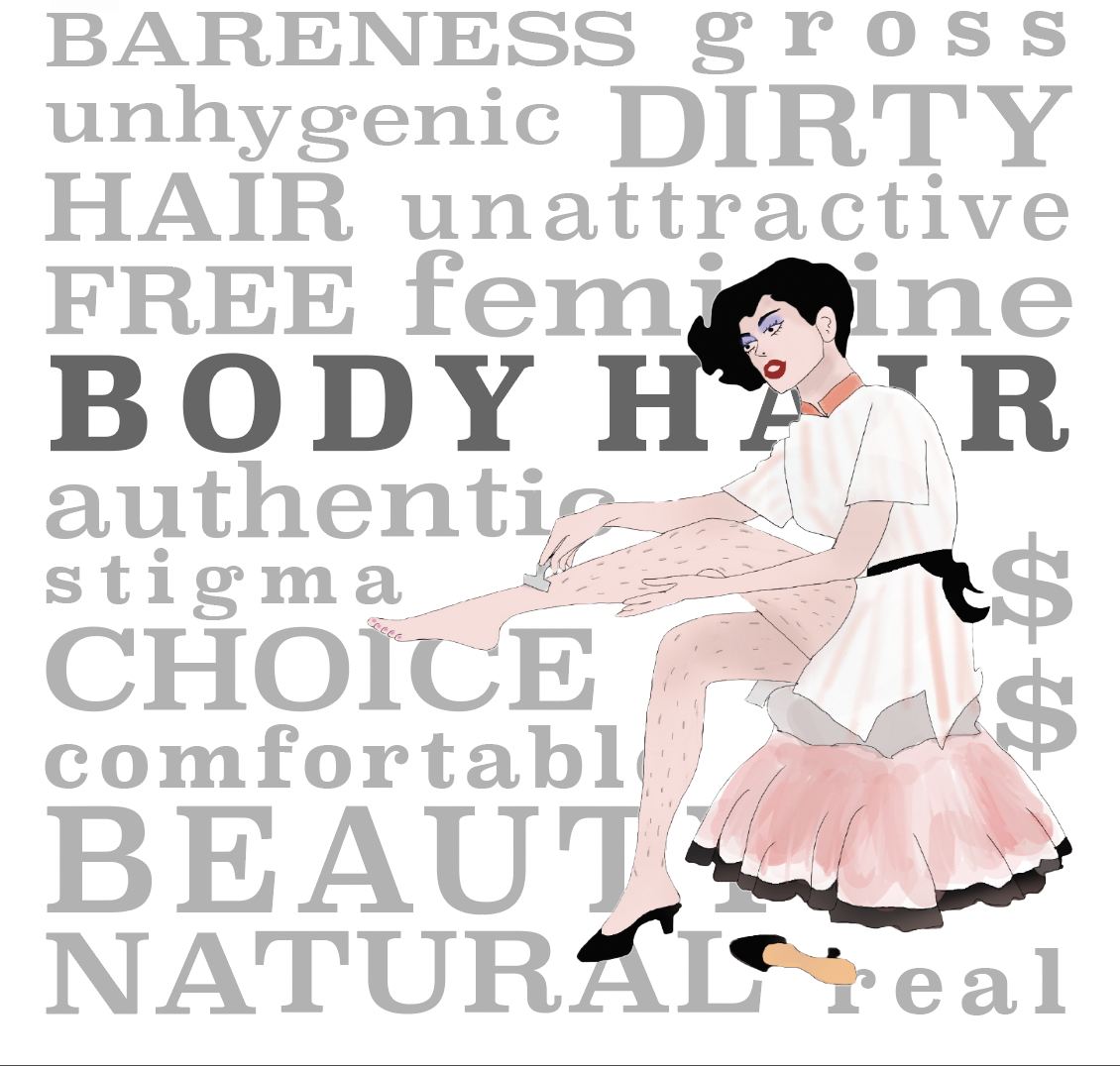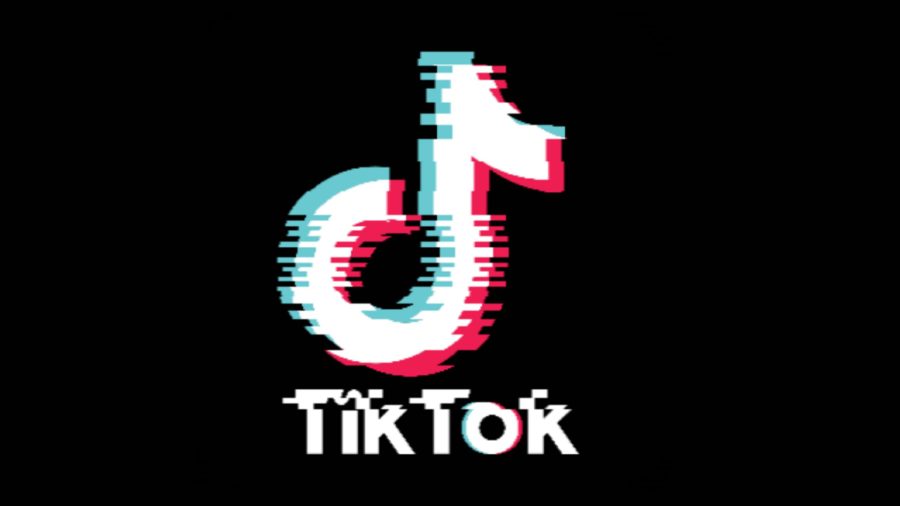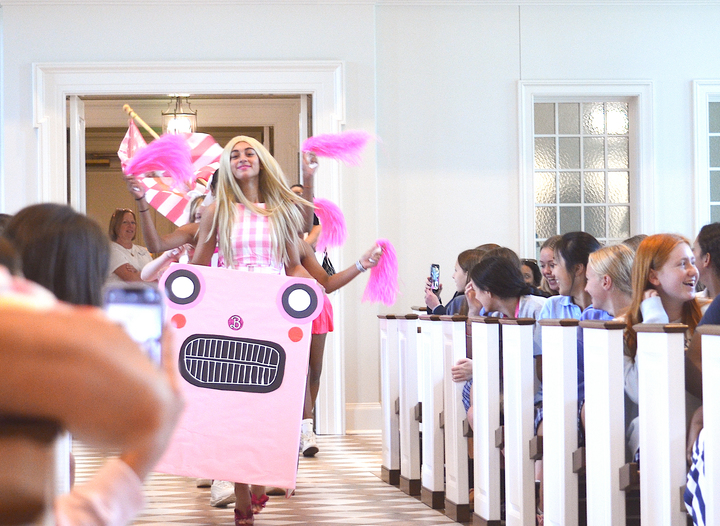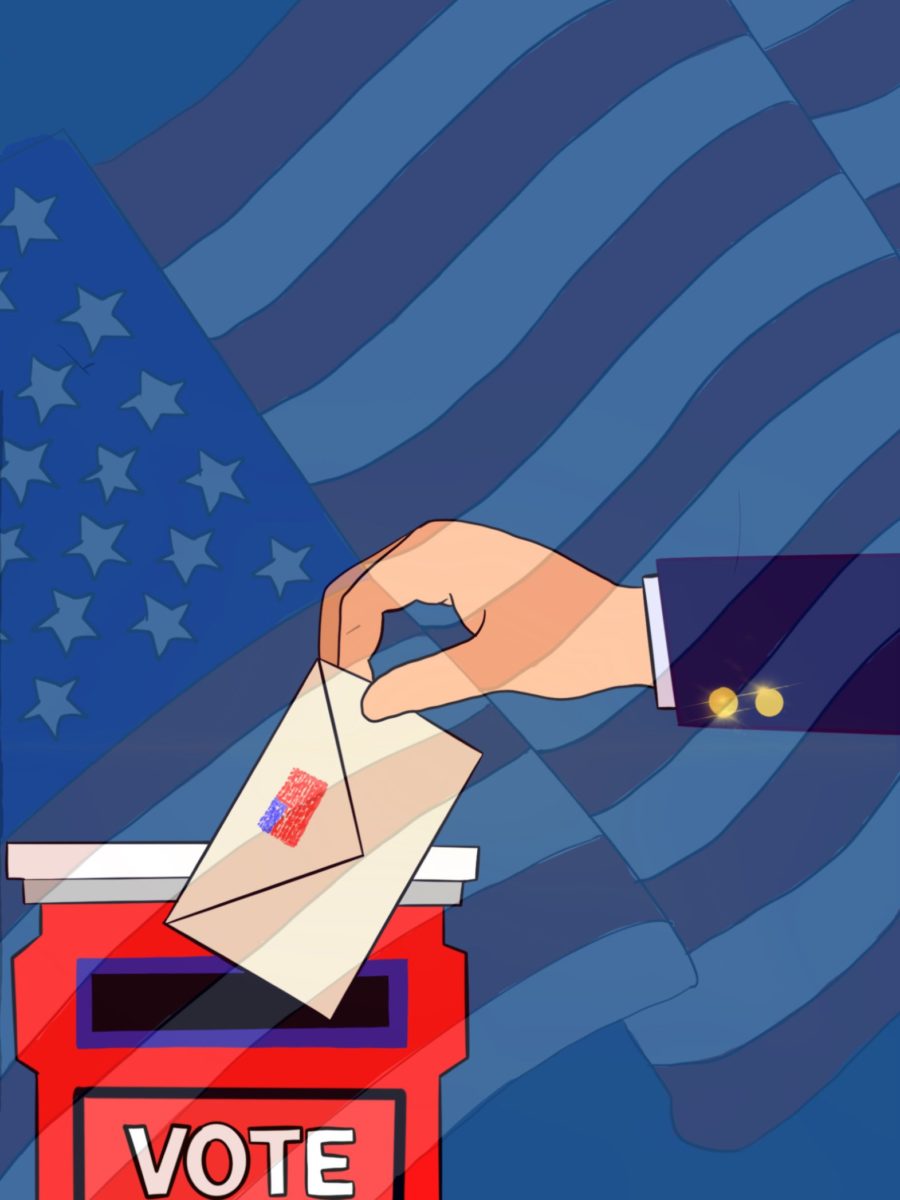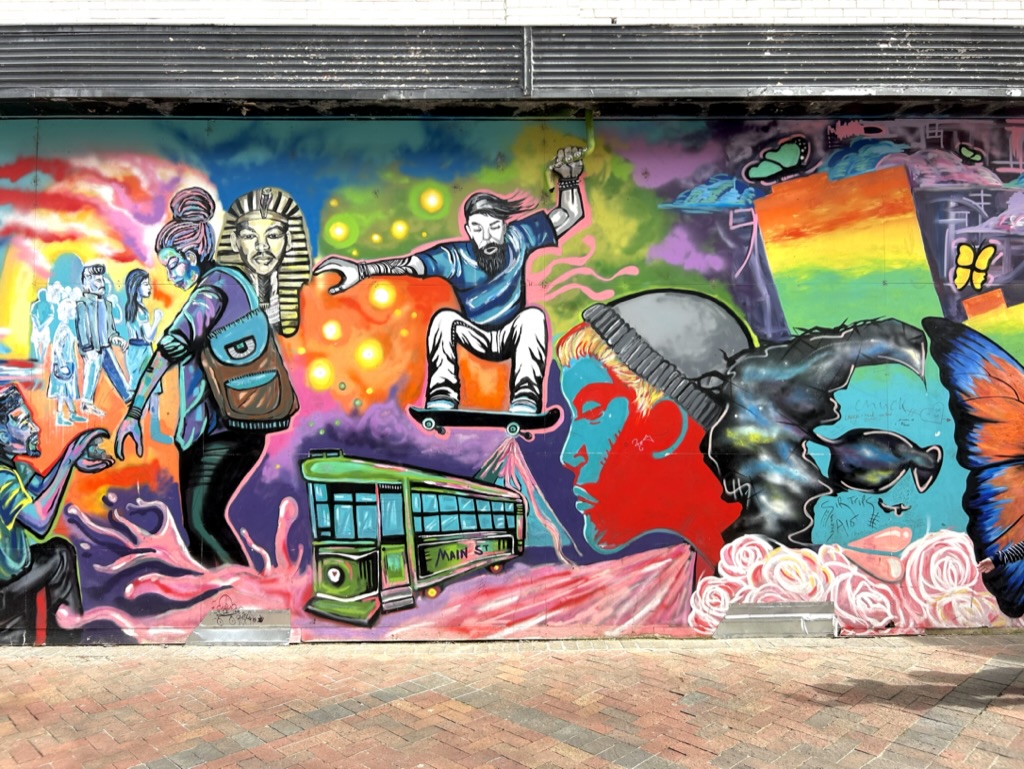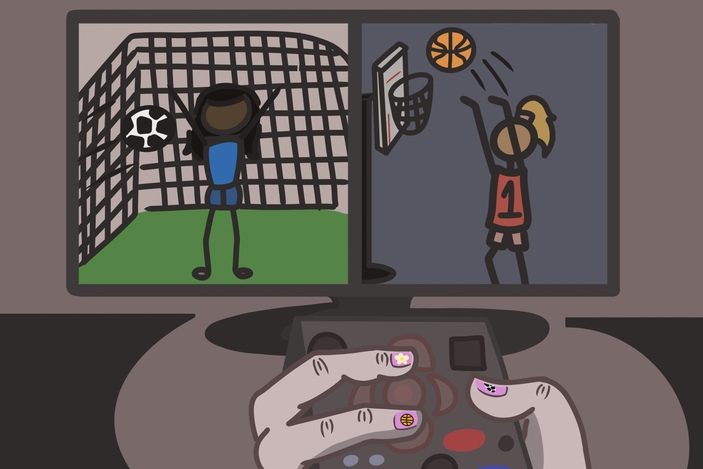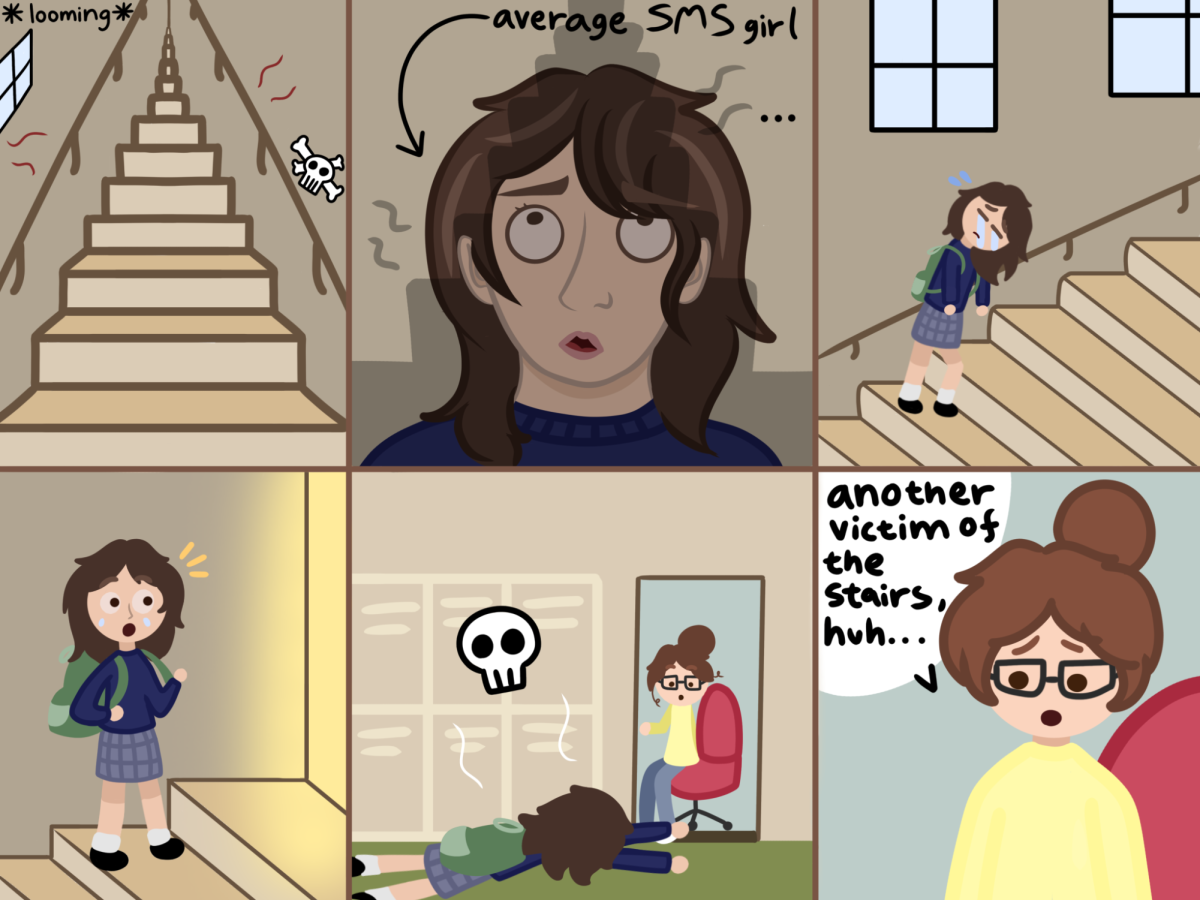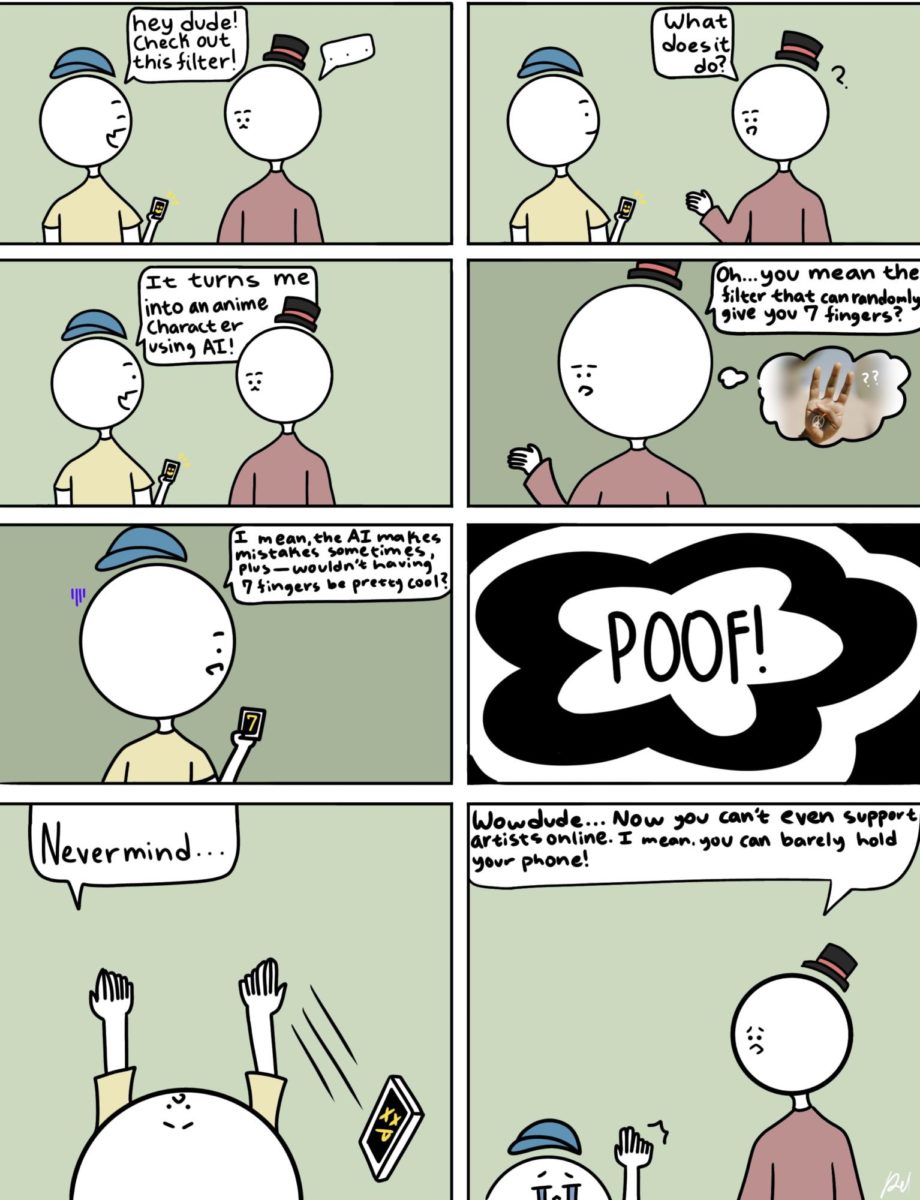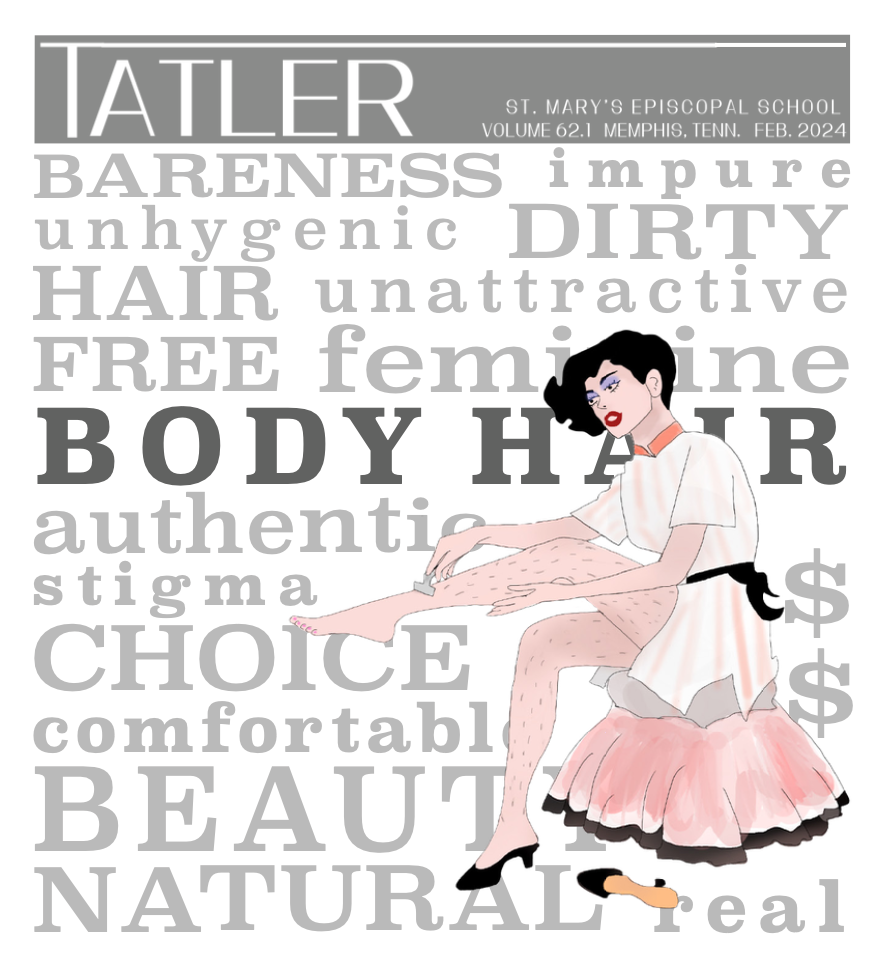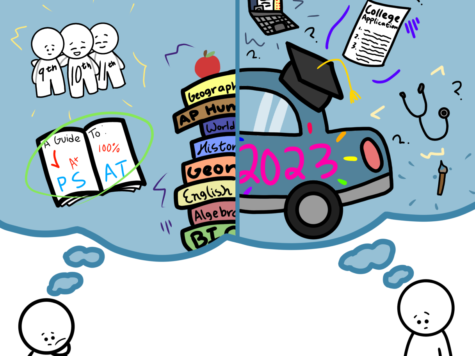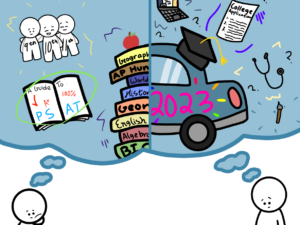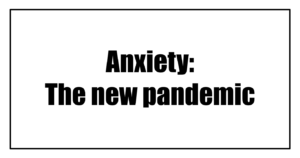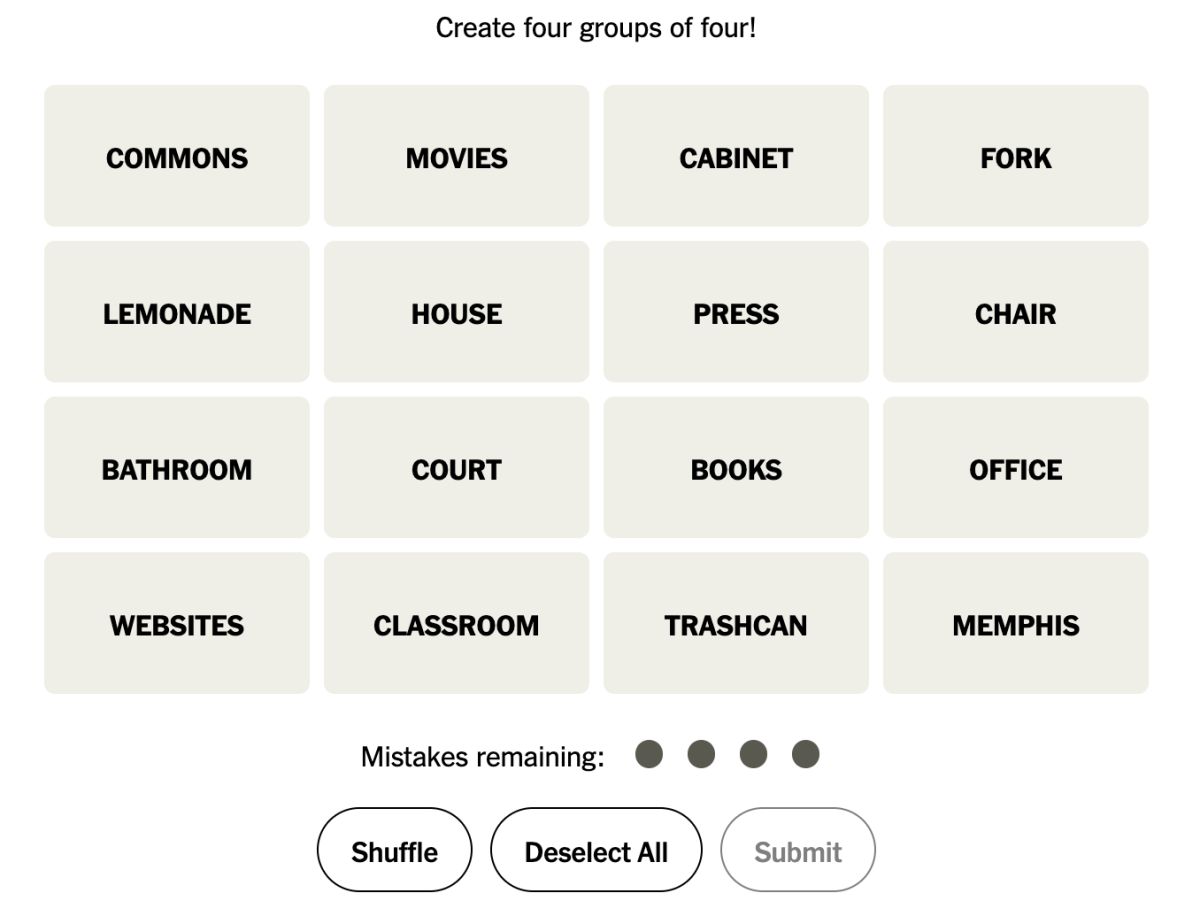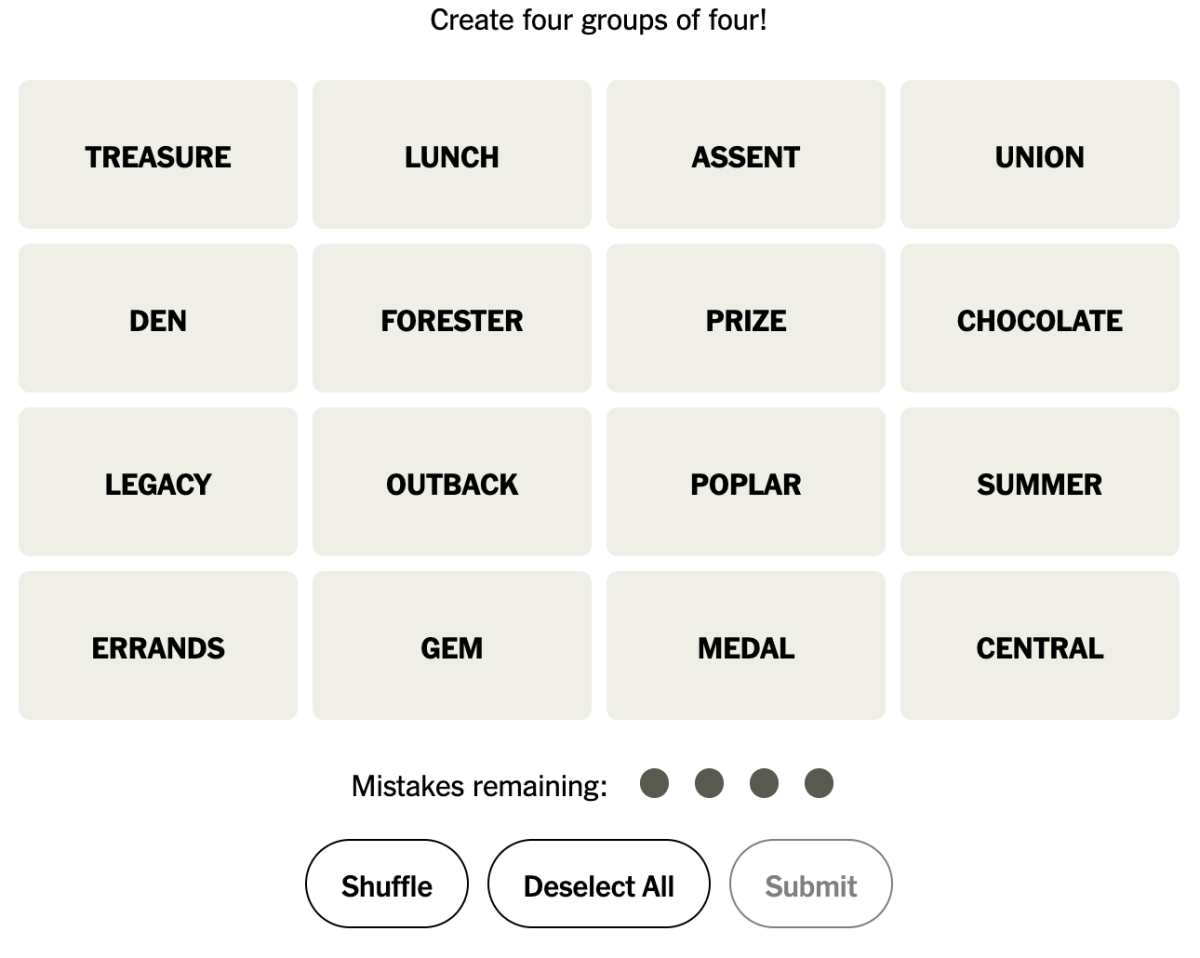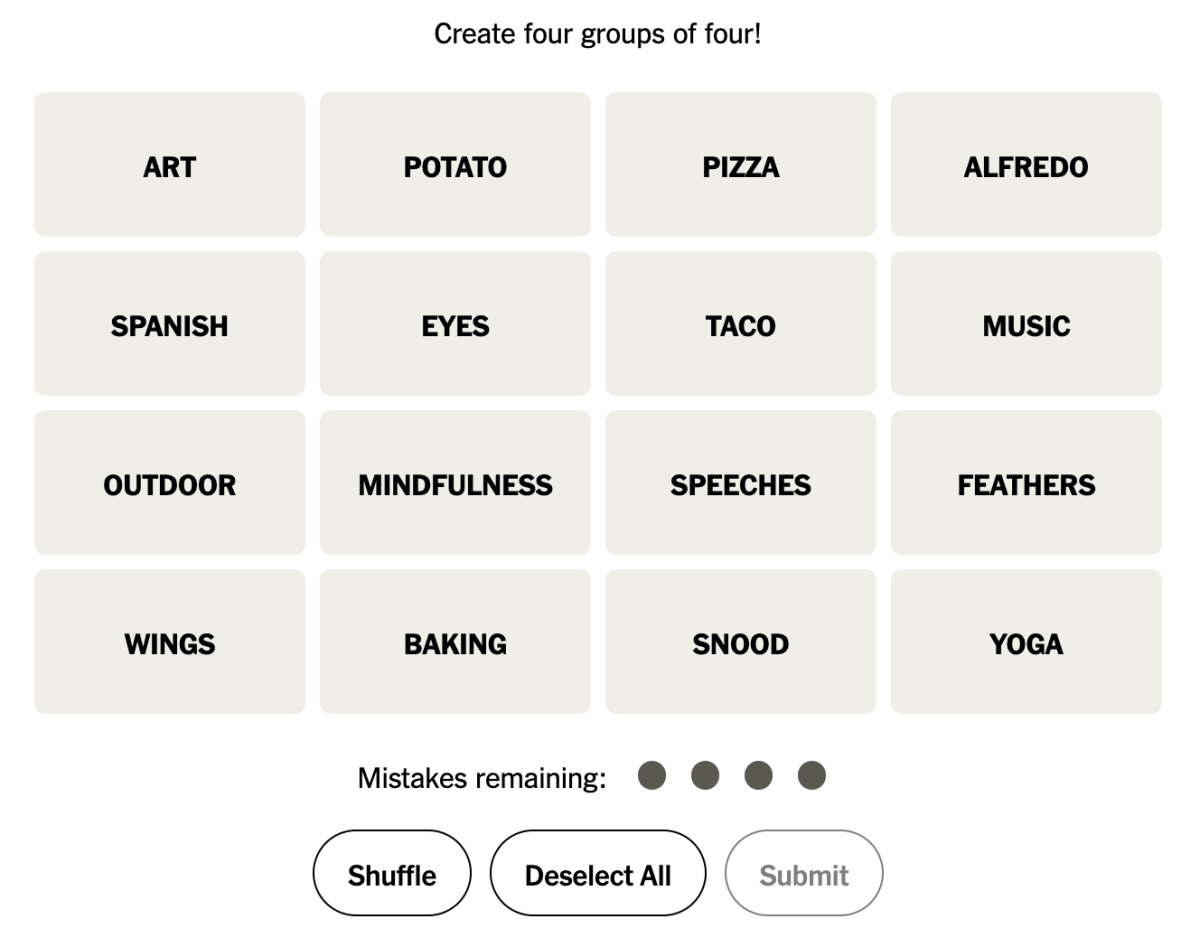Freshmen feel more than typical freshman fear

Freshmen entering high school find themselves worried about interactions with upperclassmen, grades and new teachers.
October 29, 2019
Erin Roy (9) has been a student at St. Mary’s Episcopal School since second grade. She has faced academic challenges like Mrs. Davis’ sixth grade Ancient History class and artistic challenges like eighth grade Ensemble. She was not expecting to be as scared of high school as she was during the summer of 2019. Erin Roy said, “In highschool everything counts. Everything you post on social media, every test score you make, every person you choose to hang out with. Any wrong step and you are over.”
The pressure is clearly weighing on Roy’s shoulders, and it is for most freshmen. Anxiety has become a much larger problem for Generation Z than other generations. Generation Z are ages four to 28 years old. On average, 58 percent of Gen Z feel symptoms of depression and anxiety, according to American Psychological Association (APA).
The causes of stress for this generation vary. The APA’s study also showed that one of the most overwhelming causes is social media. Social media takes away real life interaction and can cause those who spend the majority of their time on social media to have social anxiety. Cyberbullying is a common occurrence on social media as well. Social media gives users FOMO, a phrase commonly used meaning fear of missing out. They see pictures of their friends hanging out, but they were not invited. The APA’s “Stress in America” study says, “It’s clear that social media is an enormous part of Gen Zs’ lives, and for more than half of them (55 percent), it provides a feeling of support. The flipside, however, is that nearly half say social media makes them feel judged (45 percent).”
Coping mechanisms for anxiety are a wide spectrum. From simple stutters to self harm, the ways to relieve stress can be psychologically traumatizing. More than half of Gen Z’s tend to be scared to disappoint their parents by telling them of the stress they deal with, so they instead take out the stress on themselves.
Stress for teens nowadays can come from small things like academics or larger problems such as school shootings. The “Stress in America: Generation Z” study showed that three-fourths of teens feel immense stress from the idea of school shootings. While Gen Z have lived their entire life with phones, they also have lived their entire life with terrorism, school shootings, drug abuse, sex trafficking, human trafficking, and the list can go on and on. The childhood and innocence of Gen Z is short lived because technology tends to reveal the dark truths of the world, forcing parents to give “the talks” at very young ages.
Gen Z may face many mental health issues, but, thanks to Millenials, seeking professional help has become a very acceptable act. More than one-third of teens feel welcome to the idea of therapy and counseling. Teens have the example that Millenials set which shows how helpful and healthy counseling is, even if mental health issues are not a problem.
Erin Roy is just one of many teens who stress about school and the pressure it gives. As a Gen Z, she faces problems with social media and the overhanging fear of shootings and terrorism, but Erin still feels the excitement of life. She does look forward to the rest of highschool and the opportunities it gives. She says, “Having been a highschooler for two months now, I am learning that through all the hard classes, loads of homework, and stress, this school also provides a safe space for me to be able to grow and experience cool, new things. I think that’s what high school should be about, not the anxiety that the academics give.”






